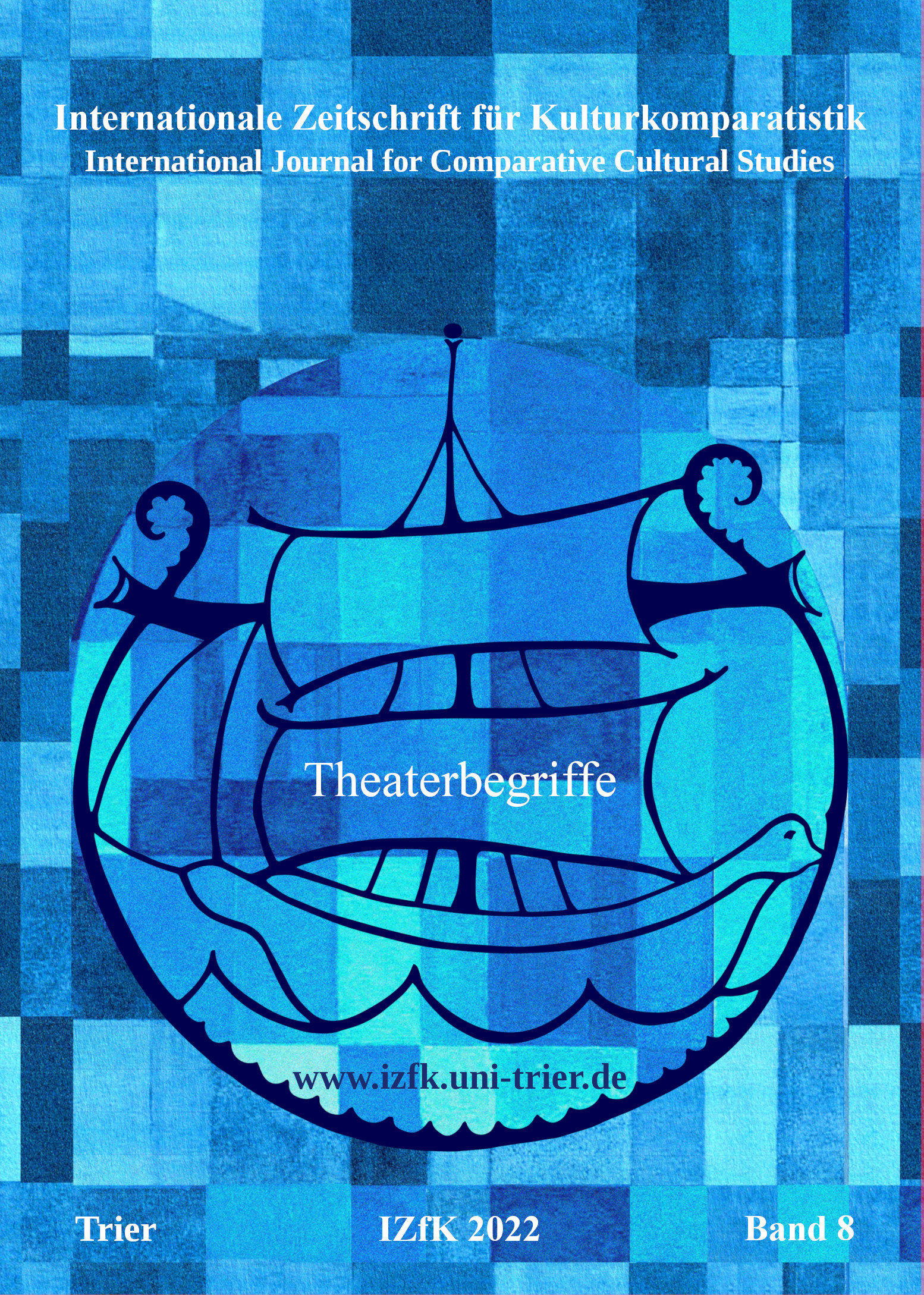Der moderne Zuschauer: Genealogie und Kritik
Hauptsächlicher Artikelinhalt
Abstract
Being a spectator in the theater has not always meant watching a performance while sitting quietly in the dark. There was a time when theaters were fully lit and very noisy.
A whole range of legislative, administrative, architectural, and aesthetic reforms as well as state ordinances were needed to tame this quarrelsome and undisciplined mass and to transform it into a contemplative and empathic audience that became a function of the imagination. There is a close connection between the development of a theater that had become an agent of government and the emergence of increasingly effective mechanisms of theatrical illusion. Governmentality generates a new aesthetic that aims to steer the audience in certain directions, to determine and to control it. It goes without saying that theater, especially modern theater, has had a decisive effect in this direction. Theater was and is both an agent of governmentality and its critique. Now, this critique has manifested itself and continues to manifest itself in projects aimed at emancipating the public from any kind of governmentality via the stage itself. Yet the stage remains an agent of governmentality even as it seeks to evade this function.
This is a paradox that is perhaps constitutive and necessary to theater. The question now is whether this paradox can be resolved and whether an autonomous emancipation of the audience—one that is not governed by the stage—can be imagined, and, if so, in what forms. Put otherwise, it is a question of whether the spectator “without someone else’s guidance” can alienate himself from this position and become a self-determined subject.

